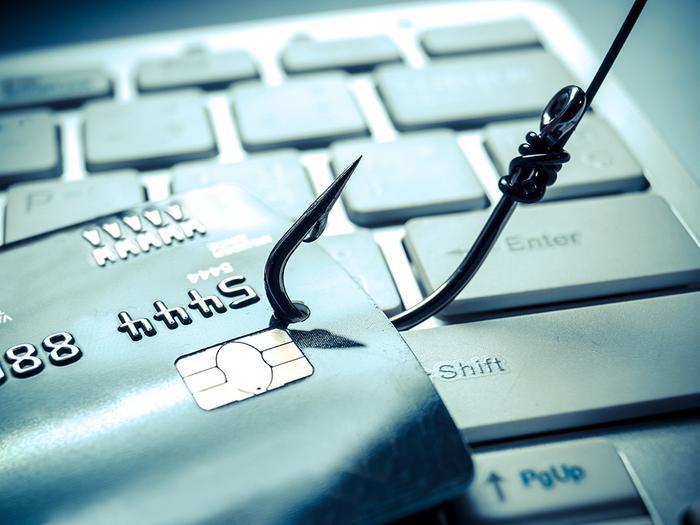Latest email scam targets PayPal and Amazon users
Consumers should be wary of emails stating that there is a security problem with their PayPal or Amazon account. Emails of this nature are the latest email scheme designed to trick users into giving up personal information.
Responding to one of these emails, or clicking on a link to submit your information, gives scammers access to your financial information. It may even infect your computer with a virus.
“These online services and businesses make it easy for consumers to shop and pay for items online, but there are people out there who want to use this convenience as a way to steal your money, or even worse, your identity,” said Mississippi Attorney General Jim Hood in a statement.
These phishing scams can also appear as pop-up messages on your computer, he noted. Tip-offs that an email from PayPal or Amazon might actually be from a scammer include typos and plenty of questions designed to gather personal information.
Misspelled words: a red flag
 (Sarah Young @ ConsumerAffairs) Think twice before responding to an email asking for your username, password, or financial information. Reputable business will never ask for this information in an email, Hood said.
(Sarah Young @ ConsumerAffairs) Think twice before responding to an email asking for your username, password, or financial information. Reputable business will never ask for this information in an email, Hood said.
Misspelled words are another giveaway that the email you’re looking at may have been crafted by a scammer. Hood says the latest PayPal email scam misspells the word PayPal and sends you to a fake website.
Scammers attempt to trick Amazon users into giving up their personal information by asking them to confirm an order for something they didn’t buy, asking that they update their payment information, or asking for their username, password or other information. Like emails intended to ensnare PayPal users, these emails usually contain misspelled words or grammatical errors.
Protecting against phishing emails
PayPal and Amazon have nothing to do with the scams, he noted. So, instead of responding to unsolicited emails from PayPal or Amazon, Hood recommends going to the companies’ websites and using the sites’ secure login to verify account activity.
“Anti-virus software and a firewall can protect you from inadvertently accepting such unwanted files,” he said. To reduce your risk of falling victim to a phishing scam, Hood recommends heeding the following advice:
- Do not respond to any unsolicited e-mails of this nature.
- Do not click on any attachments associated with such emails, as they may contain viruses or malware.
- If you are concerned about your account, contact the organization in the email using a telephone number you know to be genuine, or open a new Internet browser session and type in the company’s correct Web address. In any case, don’t cut and paste the link in the message.
- If you initiate a transaction and want to provide your personal or financial information through an organization’s website, look for indicators that the site is secure, like a lock icon on the browser’s status bar or a URL for a website that begins “https:” (the “s” stands for “secure”).
- Printer-friendly version
- Log in to post comments
- 2665 reads

